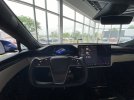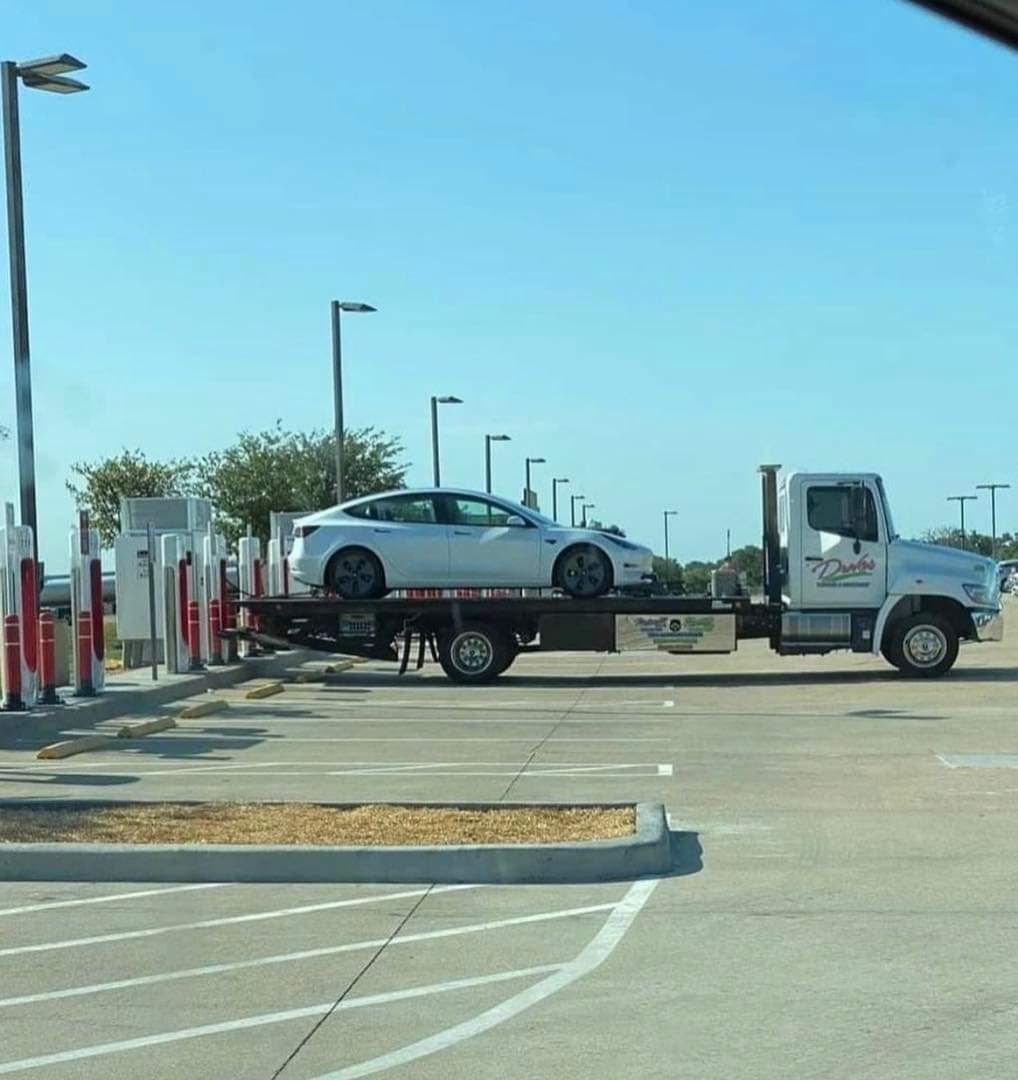yes an ICE vehicle produces less carbon emissions to be produced, and the electric is less in operation. this is comparing how many miles need to be driven for them to produce equal amounts. if you are doing it 'for the environment' leasing an EV is NOT saving carbon emissions. (<36k miles, assuming an average mix of energy supplied)
Batteries last a longer time now, but im still not convinced that they outlast an engine/transmission which is maintained to any degree. You dont hear about too many engine failures in modern cars (200k+ is very common for an engine and transmission these days. Not sure what the mileage lifespan is for the battery pack, but iirc this study doesnt use battery replacement as a factor in the overall emissions.
If i read it correctly this study is only looking at carbon emissions, not taking into account any other pollution byproducts of mining the minerals for batteries or any other electronics in the cars (on both sides of the line)













